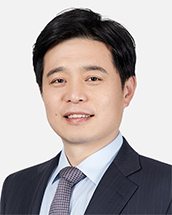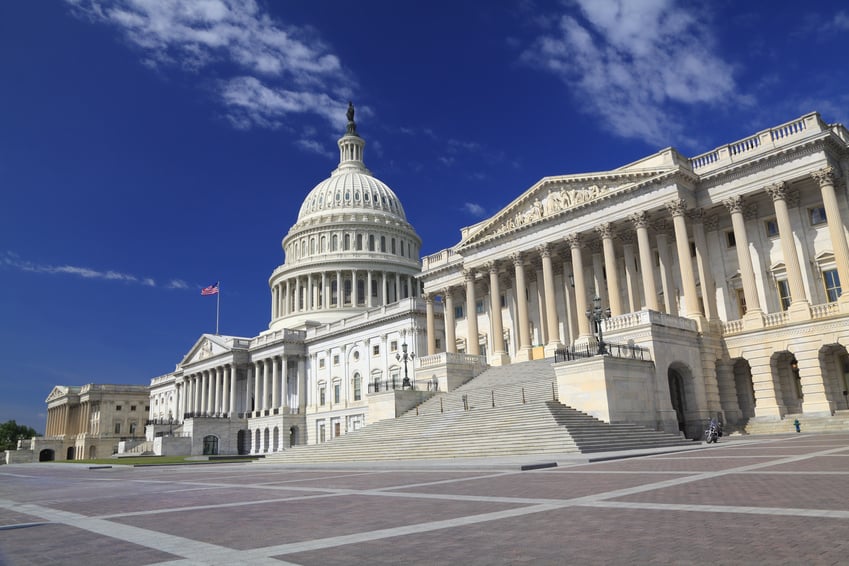In brief
On 24 June 2022, China’s National Peoples’ Congress approved far reaching amendments to China’s Anti-Monopoly Law[1] (“AML”) which become effective from 1 August 2022 (“AML Amendments”).
Alongside the AML Amendments, the State Administration for Market Regulation (“SAMR”) has issued for public comment proposed updates to key implementing rules and regulations concerning cartels and vertical restraints, abuse of dominance, merger control and abuse of IP rights.
Of particular relevance to business operations in China and M&A activity, the AML Amendments include stricter penalties for antitrust violations; increased enforcement powers; revised thresholds for merger control; an express prohibition of hub & spoke arrangements; potential exemptions/defenses for certain vertical restraints including resale price maintenance, and continued scrutiny of the platform economy.
Key takeaways
The following are of particular relevance to business operations in China and M&A activity:
- Stricter penalties for antitrust violations including tougher fines for gun-jumping (RMB 5 million for non-problematic transactions, or up to 10% of total group turnover for transactions with competition concerns), monetary penalties up to RMB 1 million for individuals (senior leadership and employees directly responsible) for antitrust violations, and potential criminal liability of both companies and individuals if conduct constitutes a crime violating the Criminal Law.
- Increased enforcement powers: formally granting SAMR power to summon companies to urge them to agree to antitrust compliance and mitigating measures outside the antitrust investigation procedure, and introducing public interest litigation initiated by people’s procuratorate against antitrust violations.
- Revised thresholds for merger control, including: proposed increases in the turnover thresholds, new hybrid thresholds based on turnover and market value, emphasizing SAMR’s power to require deals to be notified where the parties do not meet the jurisdictional thresholds and new powers for SAMR to “stop the clock” in merger reviews.
- Express prohibition of hub-and-spoke arrangements, codifying prior enforcement practice.
- Potential exemptions / defences for resale price maintenance (“RPM”) and non-price vertical restraints.
- Continued scrutiny of the platform economy focused on the use of data, algorithms, technologies, capital advantage, and platform rule setting.
It is the right timing to reinvent antitrust compliance:
- Identify the business lines with more exposure in in the China market.
- Spot potential risks and consider if and what mitigating measures might be adopt to avoid the higher penalties/serious legal consequences.
- Plan your deal timetable subtly.
Read the full alert here.
[1] The full version is available in Chinese at http://www.npc.gov.cn/npc/c30834/202206/e42c256faf7049449cdfaabf374a3595.shtml, and an official press release in English at http://en.npc.gov.cn.cdurl.cn/2022-06/27/c_784677.htm.
Zhi Bao and Laura Liu are the partner and Yu Zhu is an associate of FenXun Partners which is a premier Chinese law firm. FenXun established a Joint Operation Office with Baker McKenzie in China as Baker McKenzie FenXun which was approved by the Shanghai Justice Bureau in 2015.

Baker & McKenzie. Baker & McKenzie FenXun (FTZ) Joint Operation Office is a joint operation between Baker & McKenzie LLP, an Illinois limited liability partnership, and FenXun Partners, a Chinese law firm. The Joint Operation has been approved by the Shanghai Justice Bureau. In accordance with the common terminology used in professional service organisations, reference to a “partner” means a person who is a partner, or equivalent, in such a law firm. This may qualify as “Attorney Advertising” requiring notice in some jurisdictions. Prior results do not guarantee a similar outcome.







